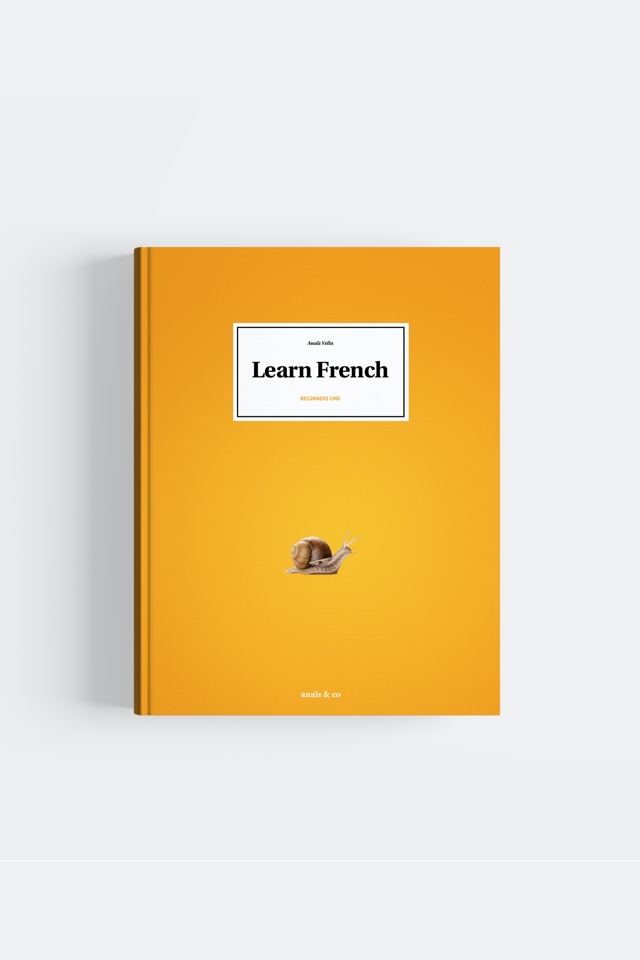

There are different ways in French to ask someone “how are you?” There are four listed below and the most common one is “ça va ?” To ask these questions, French uses the present tense of the verb “aller” (to go), which is very irregular, unlike English which uses the verb “être” (to be).
Comment allez-vous ? (formal) → How are you?
Comment vas-tu ? (informal) → How are you?
Comment ça va ? (informal) → How are you?
Ça va ? (informal) → How are you?
“Comment vas-tu” is an informal version of “comment allez-vous” but it is still more formal than the two questions below. It is also used when you know someone has been unwell or through a lot of things.
Do not forget the “t” link in “comment allez-vous,” and link the silent “t” at the end of “comment” to the vowel at the start of “allez.”
If “ça va” is in the question, the answer should start with it. If “vous” or “tu” is in the question, the answer should start with “je.” However, in the spoken language, in informal situations, we do not necessarily follow this rule and the most common answer to any of the 4 questions seen is “ça va.”
Ça va très bien → I am very good
Je vais très bien → I am doing very well
Ça ne va pas très bien → I am not feeling very well
Je ne vais pas très bien → I am not feeling very well
Ça va bien → I am doing well
Je vais bien → I am fine
Ça ne va pas bien → I am not doing well
Je ne vais pas bien → I am not well
Ça va → I am okay
Bof → So-so
For example:
Comment ça va ? Ça va très bien.
Comment allez-vous ? Je vais bien.
Et toi ? (informal) → And you?
Et vous ? (formal) → And you?
In English and French, we ask questions back using disjunctive pronouns. Disjunctive pronouns in English are “me, you, him, her, us, you and them.” It is incorrect in both languages to ask questions back using a pronoun subject, you won’t say “and I?” or “and he?” French, uses the same word as a disjunctive pronoun and pronoun subject for formal situations, “vous.” So it is correct to say “et vous ?” However, in informal situations, we have two different words, “tu” is the subject pronoun and “toi” the disjunctive pronoun. We say “et toi” and not “et tu” for that reason.
There is no “small talk” in French in shops or with people you do not know.

More in the books
Werther you are learning by yourself, with Anais and Co or if you are a FLE teacher find this lesson and many more in a beautiful book.
Be notified when we upload a new video.